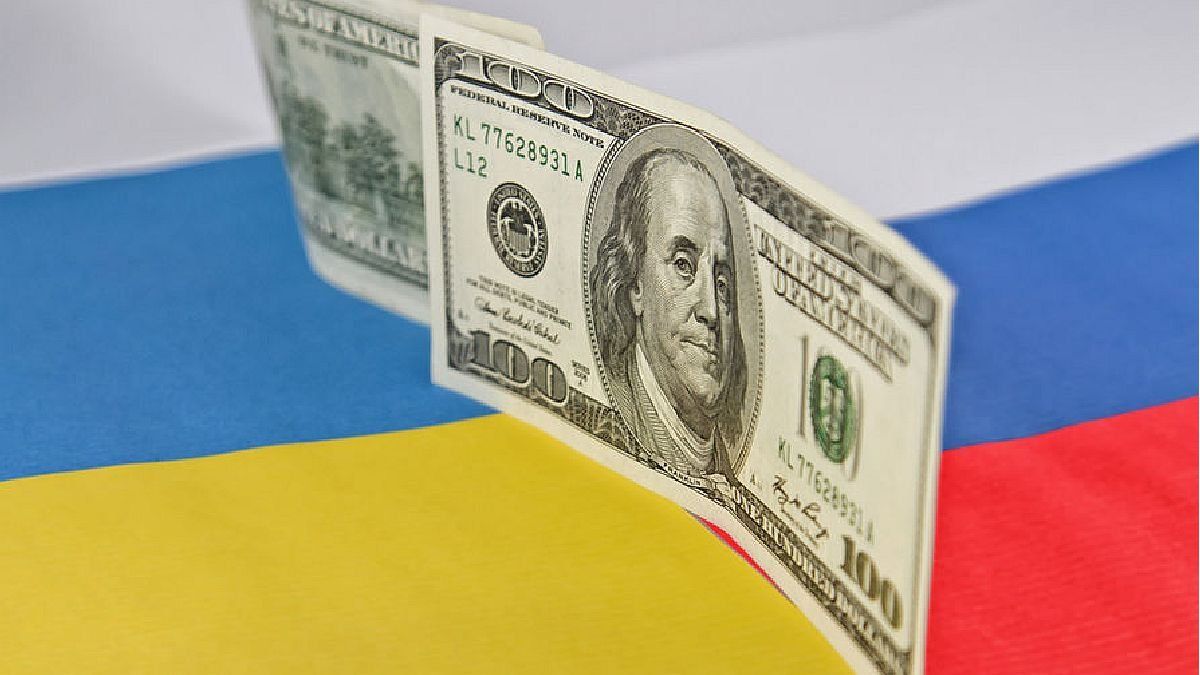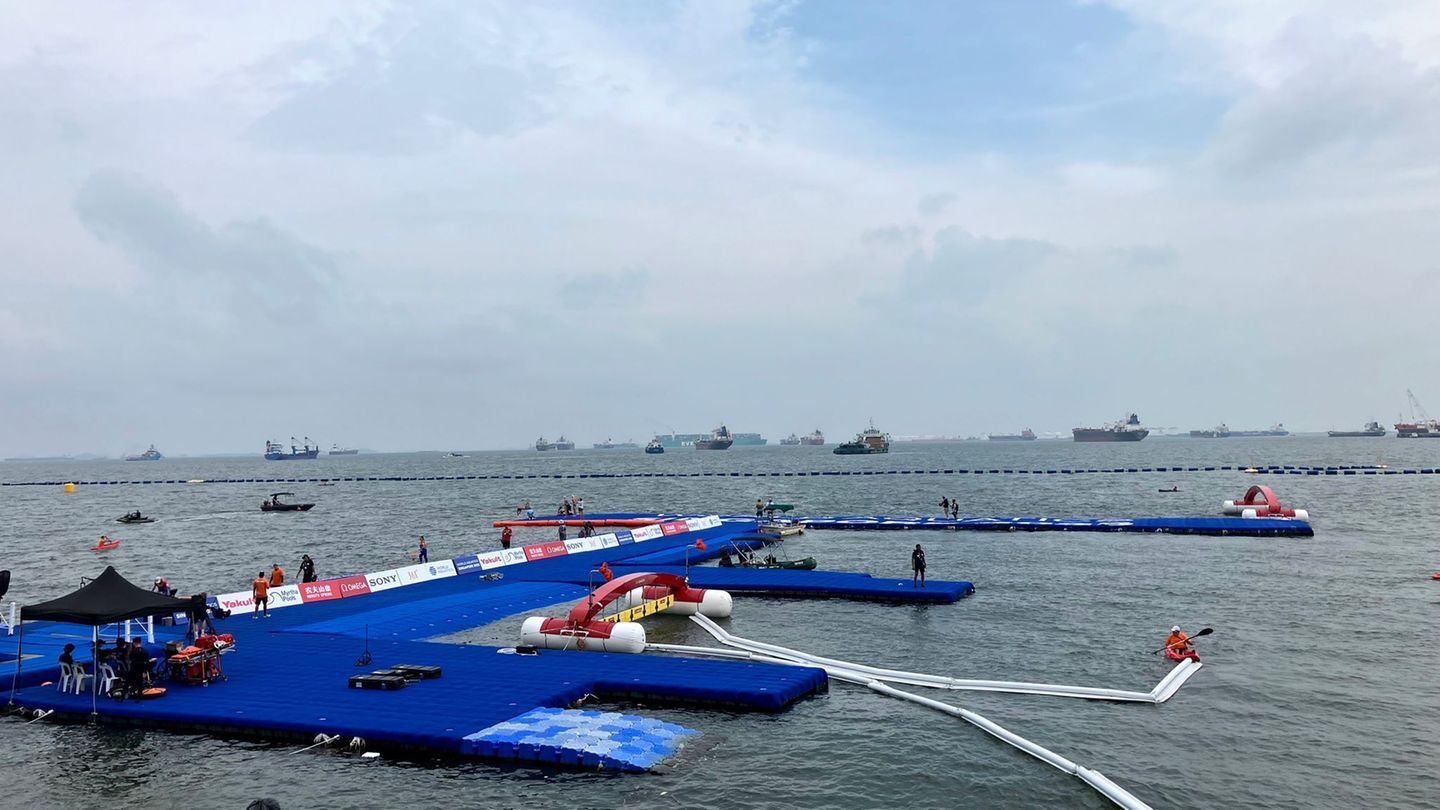As Russian troops continue to attack Ukraine, the economic impact of the conflict is mainly concentrated in three key variables: energy, raw materials and agricultural products.
Of course, depending on being more or less “friend”or the self-sufficiency that each country has to supply itself, the scarcity and the prices for “clouds” they have a greater or lesser impact, in addition to the indirect derivations that this may entail. Just to give an example, if a country that depends on Russia for energy receives less gas, it has to replace it using other sources available on the international market, which would affect supplies for third States.
On the contrary, some countries may experience a “boom” positive for their economies. If we think of Peru, the Andean country could become an attractive niche for the export of gas that meets the energy needs of Central Europe: Germany, Poland and northern Italy, which are, in practice, the countries that consume the most gas in the winter period and for industrial purposes.
The numbers that explain the above are more than clear: Russia is the second largest exporter of oil and the largest exporter of natural gas in the world. Europe, for its part, receives almost 40% of its natural gas and 25% of its oil from Russia. A substantial weapon of war in response to economic sanctions imposed by the West. If Russia is affected by the impossibility of exporting to the West – an issue that is still under discussion within the European Union due to the macro and microeconomic consequences that would entail? Of course yes. But Russia has long been looking to the East, especially after the 2014 Crimean war: China is Russia’s largest trading partner and both countries have already discussed building new pipelines to transport Russian gas.
On the other hand, prices in the wheat and corn markets reached their highest point since 2012. Russia and Ukraine, once called “the granary of Europe”, export more than a quarter of global wheat production, a fifth of corn and 80% of sunflower oil. At this point, the derivations are also more than complicated: the numbers indicate that, until the beginning of the war, Ukraine sent 40% of its wheat and corn exports to Africa and the Middle East, geographies where the least supply of essential foods and the resulting inflation can severely dent social instability.
For its part, the possible shortage of essential metals such as palladium, aluminum or nickel, would cause a further upheaval for the dynamics of global value chains. For example, since Russia is the world’s largest exporter of palladium, prices for the metal, which is used in car exhaust systems, cell phones, and even dental fillings, have doubled in recent years. days. The price of nickel, which is used to make electric car batteries, has also been rising. Not to mention the European aviation giant, Airbus, which sources its titanium from Russia.
Of course, at the end of the day, the war has its consequences in the financial economy. Western nations have removed Russia from the Swift banking communications network, as well as banned any transactions with the Central Bank of Russia, which holds $630 billion of foreign exchange reserves. To counteract this situation, Russia has been working with China on designing new international payment systems that can bypass the dollar and thus reduce the ability of the United States to exert pressure through sanctions.
On the other hand, Russia has been preparing for some time what would be the creation of its own official cryptocurrency, the digital ruble. During these last months, 2 of the 12 banks in Russia have already completed transactions between clients in which this digital currency was used. And as a short-term safe-conduct in this scenario of armed conflict, Vladimir Putin announced measures that seek to stop the fall of the ruble: from doubling the reference interest rate (taking it from 10.5% to 20%), until exporters are forced to convert 80% of their earned income into rubles in foreign currencies from January 1, 2022, among others.
It is clear that at the end of the day, the derivatives of the real economy that can affect inflation, bonds or cryptocurrencies, are just that: the complement -although necessary in most cases- of what really matters, of what is consumed and produced, what allows us to feed ourselves, move, and communicate.
Then one remembers our beloved Argentina: Vaca Muerta, our countryside, the urgent need to have a competitive industry once and for all, to promote technological services that can insert us fully into the world. If we manage to strengthen these processes, we leave only the margin of error or malicious omission to the processes of cyclical indebtedness, to capital flight, to the financial roller coaster that uncontrolled cryptocurrencies represent.
But think of this unique historical moment. If we had focused on having an adequate energy policy -instead of suffering for the dollars that are going to slip out of our hands with the increases in energy prices-, an agro-export sector that works side by side with whatever the government of the day –that settles foreign currency in a timely manner, and not waiting for coercive negotiation to delay price increases in the domestic market-, and a sovereign economic policy in terms of dedicating itself to international financing exclusively to produce and export more, surely we could experience this global geopolitical context in a quasi-positive economic situation in its entirety.
But the only truth is reality and we are discussing how to pay the debt to the IMF, how to increase withholdings without causing a rebellion in the countryside, and how to maintain the exchange rate and the interest rate in values “reasonable” so that inflation does not skyrocket. Evidently, the financial homeland, derived from the neglect of the real economy and the “godification of getting rich without producing”has been winning for years.
Wars are all crap; but if we start to reflect that at least this one between Russia and Ukraine is useful for something, it is to open our heads and allow us to think strategically about what is relevant in the future. But also, and above all, what has led us to the frequent failures to which we are accustomed.
Economist and Doctor in International Relations.
Source: Ambito




